Stress
Agradecimiento
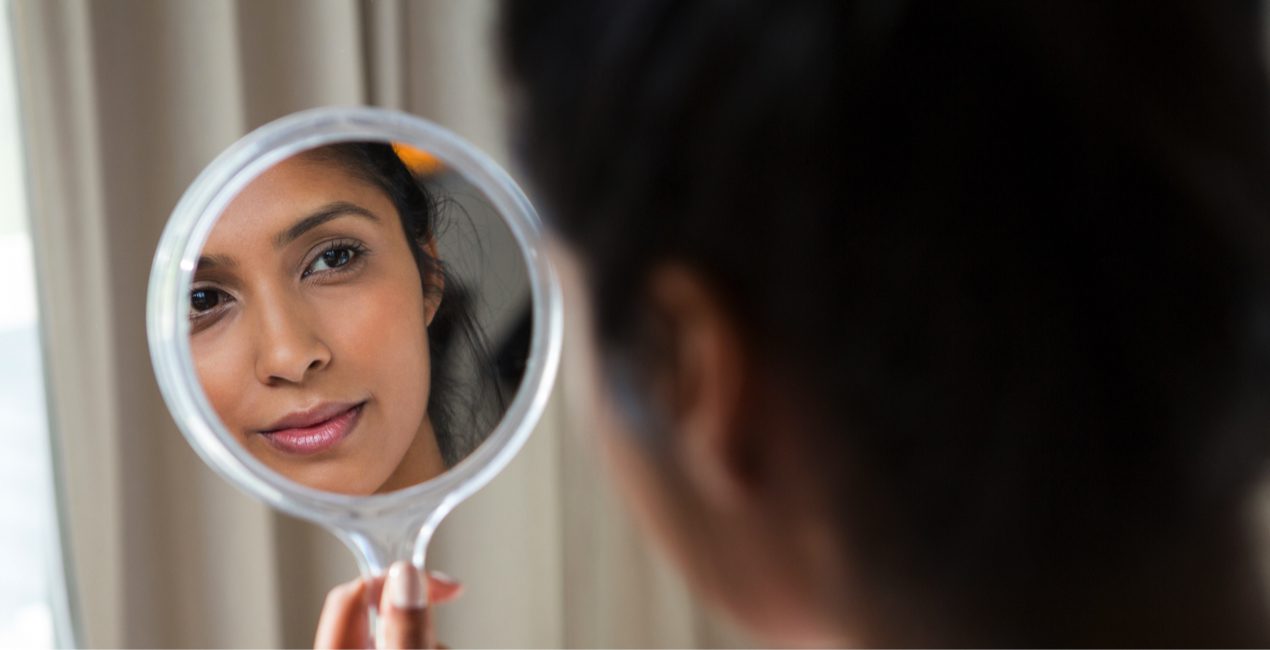
El Día de Acción de Gracias es un día muy especial para mi y por muchas razones, la mayoría de las cuales tienen que ver con la comida. Cuando era niña, mi padre cubano y madre mexicana evitaban la tradición del pavo y en su lugar asaban un cerdo entero sazonado con salsa de Mojo.
On Gratitude

Este artículo está disponible en español.
Thanksgiving Day is my favorite holiday and for many reasons, most of which have to do with food. As a child, my Cuban father and Mexican mother would bypass the turkey tradition and instead roast an entire pig seasoned with Mojo Sauce.
10 Consejos de Cuidado Personal para Padres

Como padres, nuestro trabajo principal es cuidar de nuestros hijos, incluidos nuestros hijos adultos jóvenes. Es difícil pensar en algo más importante que el bienestar de nuestros hijos. Nos preocupamos por su éxito académico, vida social y logros recreativos. Nos preocupamos por su salud física, ajuste emocional y felicidad en general.
9 Self-Care Tips for Teachers

Download “Self-Care Tips for Educators” – perfect for posting in your school or classroom!
Since COVID-19, teachers have continued to feel additional pressures on top of their already demanding work lives:
Being responsible for teaching and emotionally supp
LGBTQ Students in College: Fostering Inclusion, Acceptance, and Safety

This post is one of a four-part series on college student mental health.
CBT Snapshot: Using Cognitive Behavior Therapy for PTSD
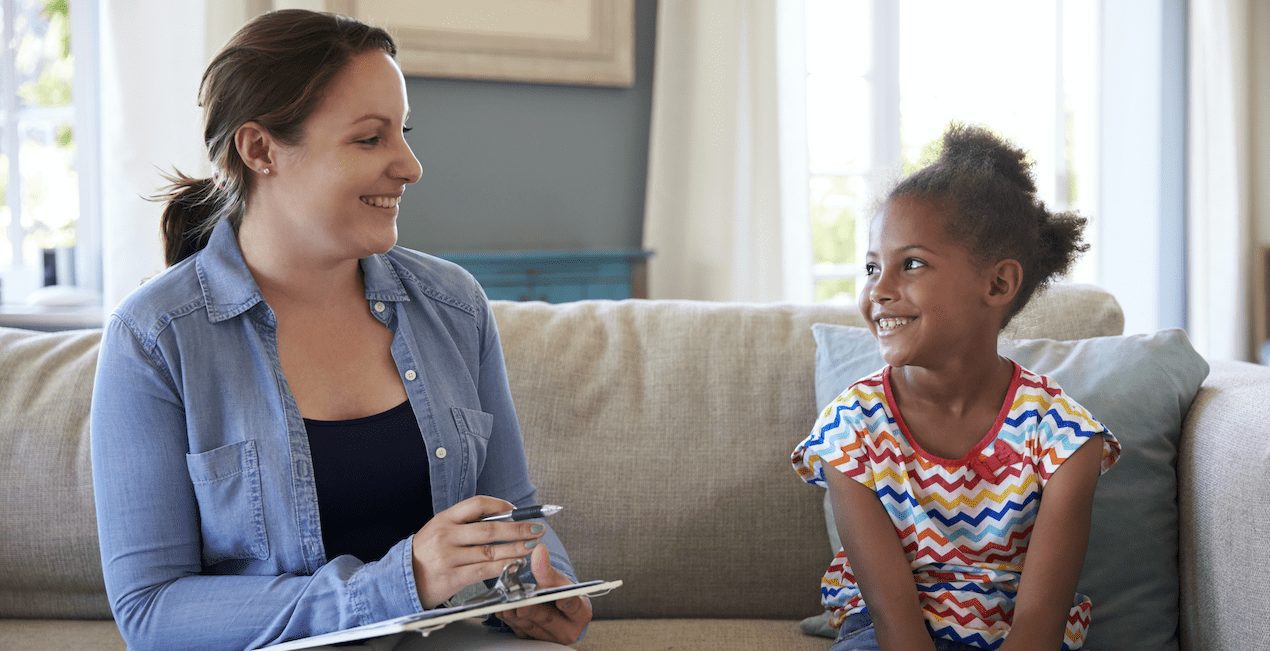
Cognitive Behavioral Therapy is a special kind of talk therapy that can be used to help with mental health challenges. In this CBT Snapshot series, Dr. Ellen Braaten gives a glimpse of what it looks like to use CBT for a range of mental and behavioral health disorders.
Cómo ayudar a los jóvenes a sobrellevar el dolor y la pérdida durante COVID-19
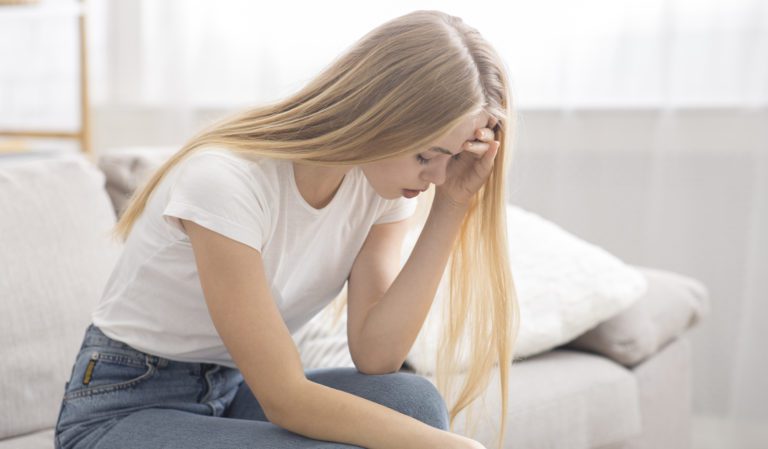
La nueva pandemia de coronavirus ha planteado una nueva forma de vida para todos nosotros. Más allá de las preocupaciones sobre el contagio, la prevención o la desaceleración de su propagación, y los temores de enfermedad y acceso a la atención médica, una cosa está clara. Todos enfrentamos dolor y pérdida.
11 Consejos de Auto-Cuidado para Adolescentes y Adultos Jóvenes

Estrés.
Los adolescentes y adultos jóvenes ahora están más estresados, ansiosos, deprimidos y solos que nunca – al menos en los Estados Unidos. A primera vista, es difícil aceptar este hecho.
How to Understand Your Child’s “Anxiety Monster”
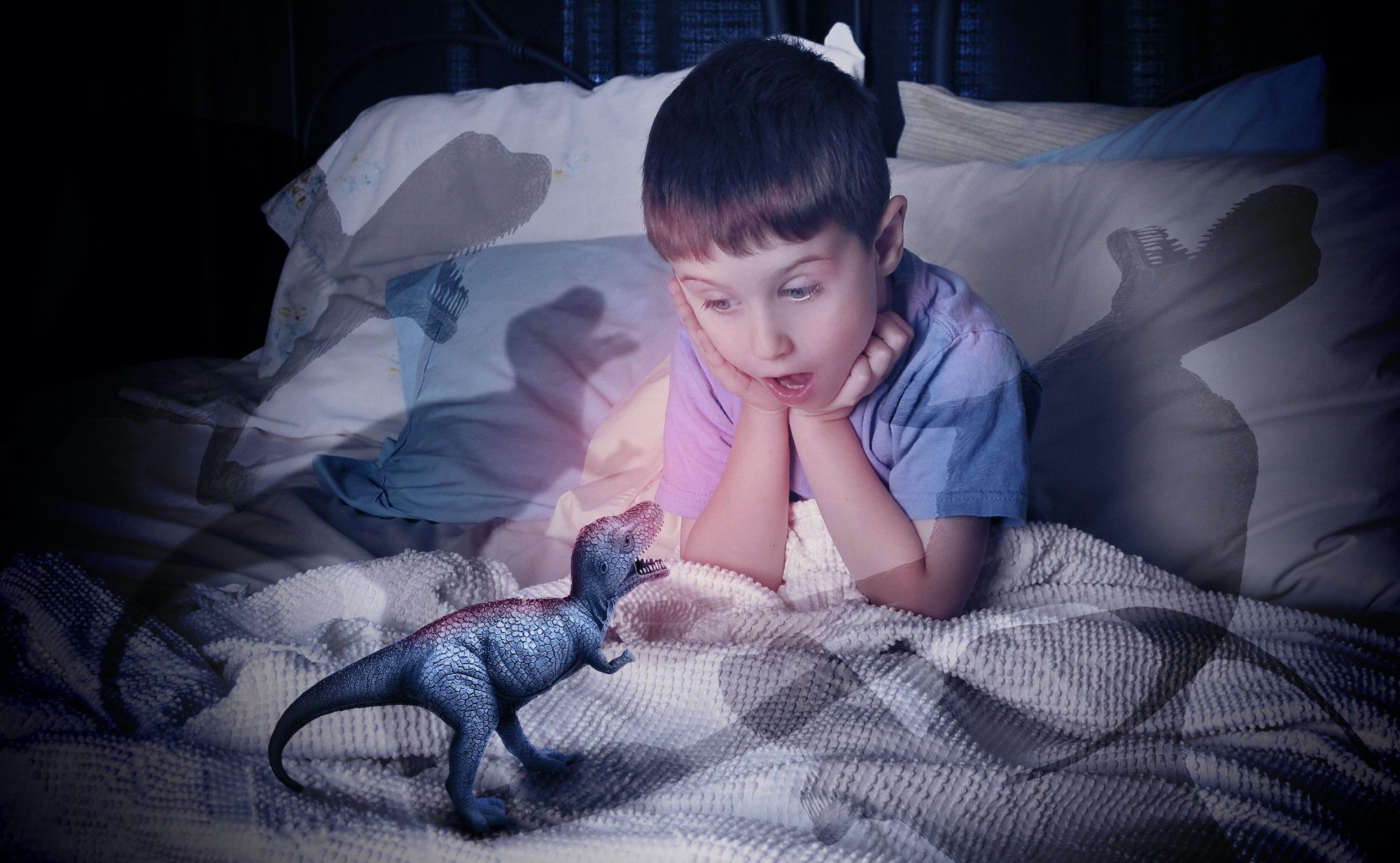
As a child psychiatrist who’s seen patients in many different settings, including doing psychotherapy and managing medications, I’ve found that talking about anxiety with kids and adults alike is hard to do in a way that helps them understand what anxiety is, while preparing and motivating them for what can be a difficult treatment journey.
How to Help Young People Cope With Grief and Loss During COVID-19
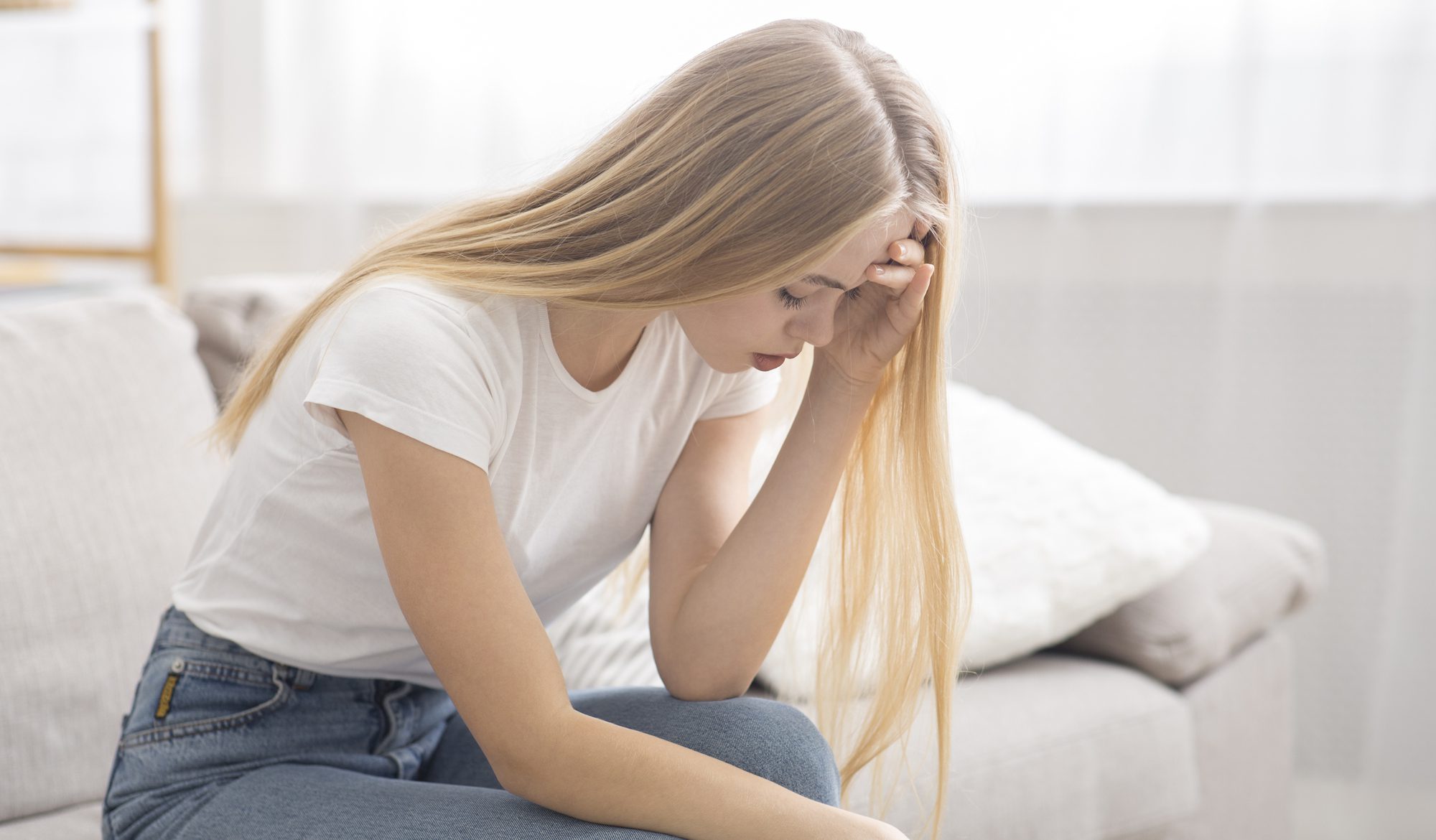
Este artículo está disponible en español.
The novel coronavirus pandemic has posed a novel way of life for all of us. Beyond concerns about contagion, prevention, or slowing down its spread, and fears of illness and access to healthcare, one thing is clear.



